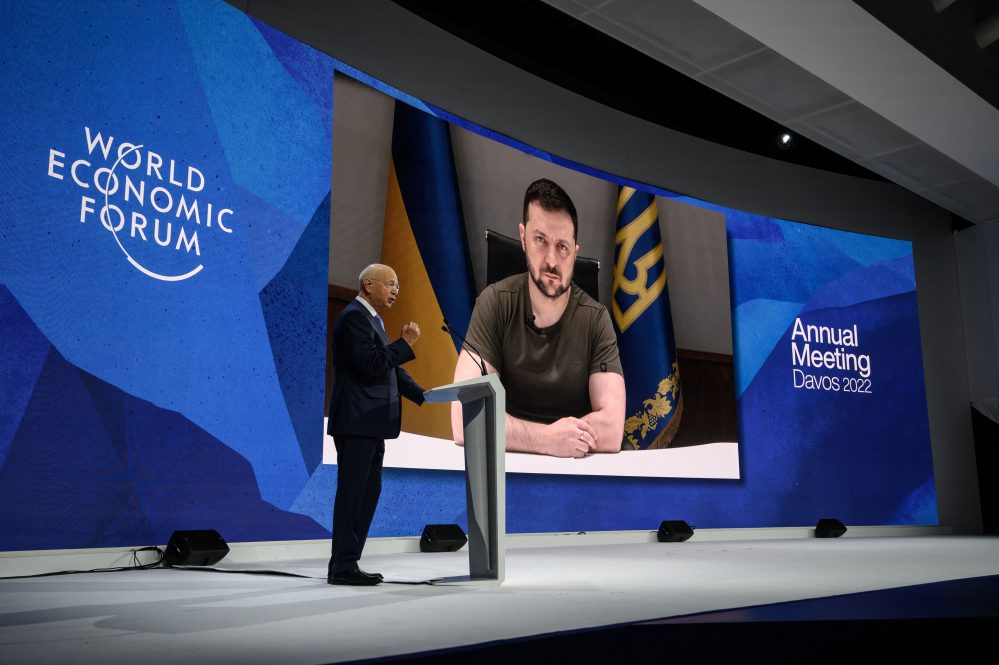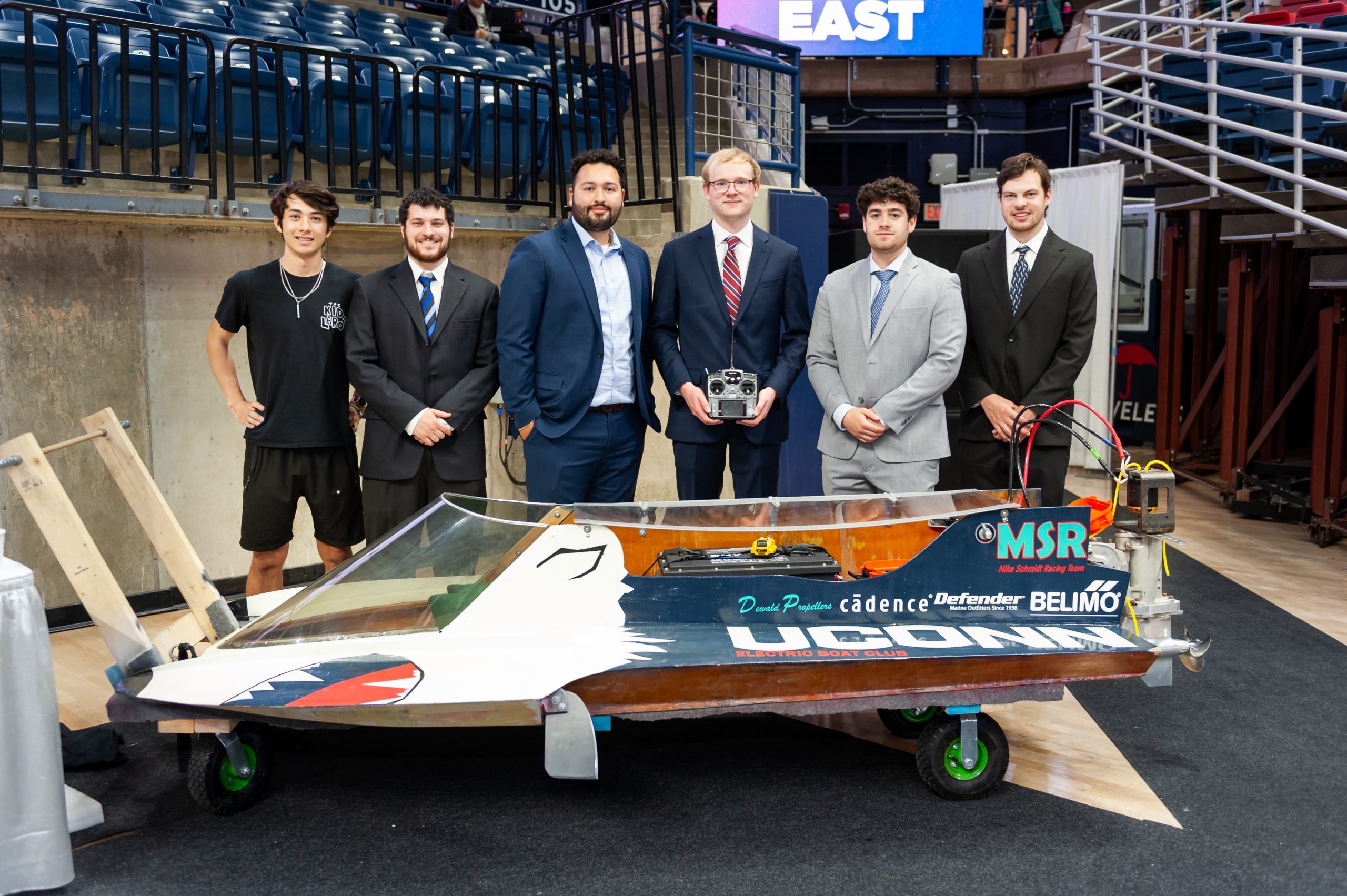The Russian invasion of Ukraine has captured the attention of Americans in ways that few other conflicts have, and created challenges that today’s business students will likely grapple with for the rest of their careers.
That’s the perspective of two leading business-ethics scholars who will be the guest panelists during a Feb. 20 program called “Business, Peace and the War in Ukraine: One Year Later.’’ It is part of the School of Business’ Equity Now speaker series that addresses prominent justice and human rights issues in business.
Professor Tim Fort of Indiana University and professor John Katsos of American University in Sharjah, will discuss the influence of multinational corporations on war and peace, with emphasis on how businesses addressed the Russian invasion of Ukraine.
They both believe that large corporations can play a pivotal role in promoting world peace. They will also explore the impact of decisions to divest and the role of consumers and boycotts, before concluding the presentation with some insight into what the next year may bring.
Presentation Highlights an Underexplored Concern
Business professor Robert Bird, the Eversource Energy Chair in Business Ethics and creator of the speaker series, says he is particularly excited to bring this presentation to UConn.
“The role of business in war and peace is underexplored in most business schools,’’ Bird says. “The war shows this happening in the context of a major European conflict. I believe our students will be fascinated and challenged by the perspectives shared by these prominent researchers.”
Although designed for business students, the discussion would likely be of interest to political science, anthropology, sociology, and human rights students, and others. All are welcome to attend. The program will be offered online.
Ethical Businesses Provide a Foundation for Peace
Fort’s primary research interest is how ethical business conduct can foster sustainable peace. He has co-chaired a task force on the topic with the U.S. Institute of Peace, and developed a program with the U.S. State Department where MBA students serve as pro bono consultants to entrepreneurs in conflict-zones around the world.
“If you’re a businessperson in Connecticut, there are connections now that you can use to create a more peaceful world, whether you recognize it or not,’’ Fort says.
Companies that contribute to the diverse, ethical economic development of nations are supporting peace, he said, because there is a strong correlation between poverty and violence. Additionally, businesses that follow the law and avoid the downfalls of corruption and bribery are helping support international stability and peace.
And, lastly, a good corporate citizen creates a sense of peaceful leadership within its employees, affording them a voice in decision-making, ensuring gender equity, and demonstrating leadership in bridging disagreement.
“You can build a cultural environment in a corporation that bridges the divide among people who have vastly different political beliefs,’’ Fort says. “People use music, sports, film or even pets as icebreakers. You may still disagree profoundly with someone, but if you remember the story they shared, the one that inspired you, you’re more likely to have a civil conversations about your disagreement.’’
Ukranian Businesses Struggle as C-Suite Execs Flee
Meanwhile, Katsos will share his latest research on the struggles experienced by Ukranian companies, and multinational companies doing business in Ukraine.
Katsos and his team interviewed c-suite executives to find out what they experienced because of the conflict and how they reacted. He included the perspective of leadership from more than 70 companies in his final report.
“Both Ukranian and multinational companies worried about safety and the security of their employees,’’ he says. “But multinationals worried less about supply chain than the Ukranian companies, because they were able to diversify more easily.
“For Ukranian companies, they didn’t need to motivate their line- and middle-management people, but when the conflict started they had a harder time keeping their executives in the country,’’ he says. “One company lost its CFO and it was impossible to replace that person. Sometimes they had to pay more to their executives to get them to stay, or help them move their families out of the country.’’
To pre-register for “Business, Peace and the War in Ukraine: One Year Later,’’ please visit uconnvtc.webex.com. The 6 p.m. presentation on Feb. 20 is online and open to all students, faculty, staff, and alumni. The Equity Now Series, now in its third year, brings together some of the best legal scholars to share information on business topics that impact diversity, equality and human rights.



